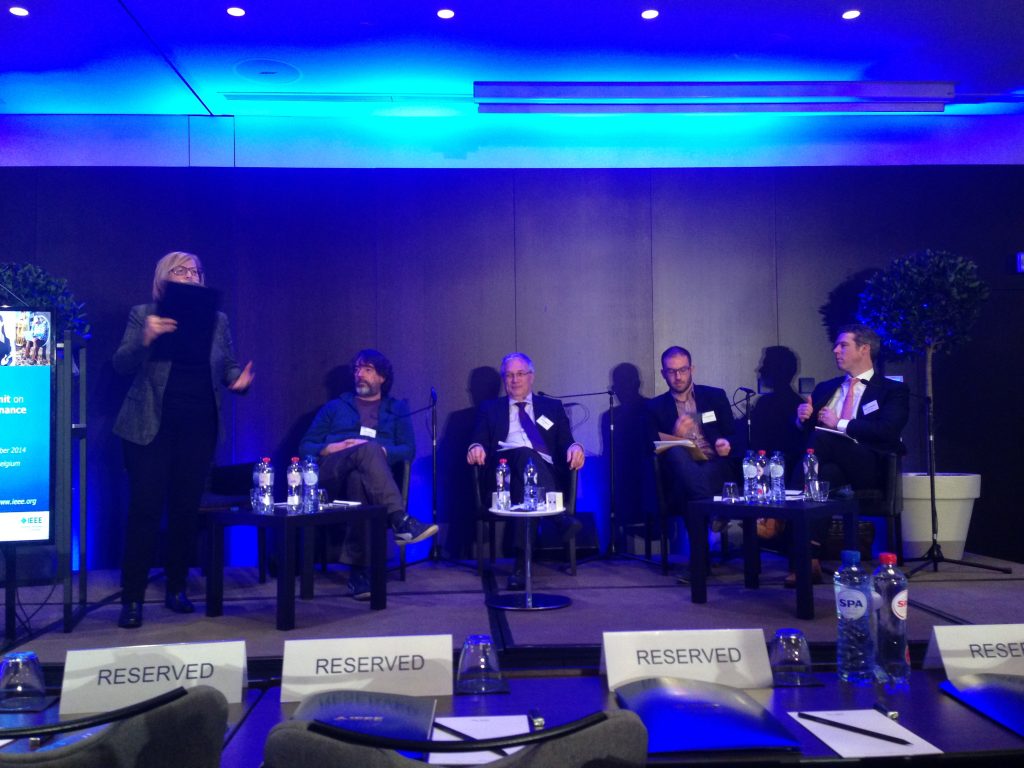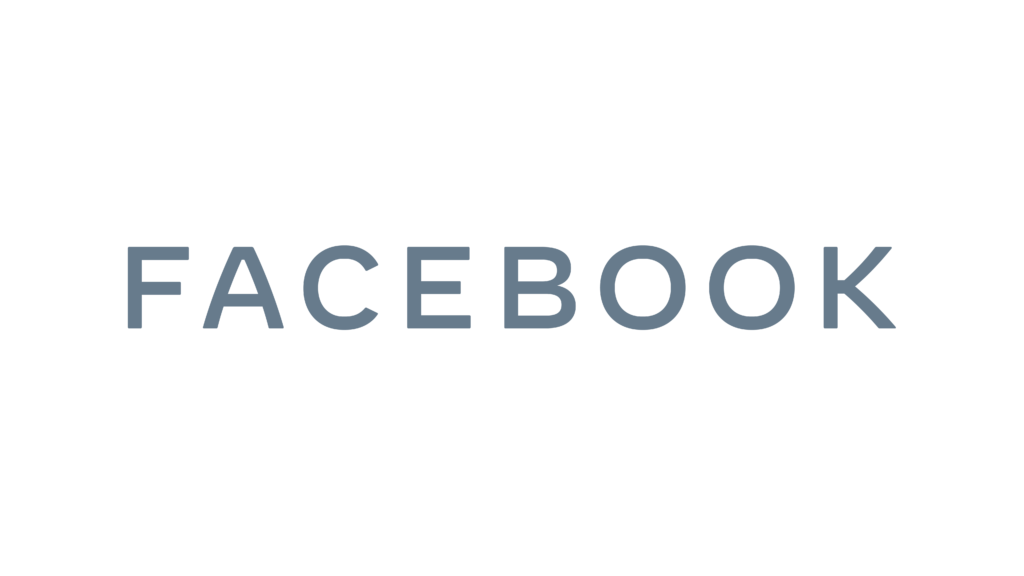“Health Officials Say ‘No Thanks’ to Contact-Tracing Tech“, titles Wired. In all these recent debates about how to handle Covid-19 going forward, in particular in Germany, it may be worthwhile looking beyond borders.
Later last month, Engadget reported, that Israel stops phone tracing to enforce Corona quaranties. While Israel seemed to look at phone location information, the Wired article suggests multiple US states and cities evaluated the benefit of other contact tracing technology. The result seems to disappoint:
States like New York, California, and Massachusetts, and cities like Baltimore and San Francisco, have looked carefully at cutting-edge contact-tracing solutions and largely said, “No thanks,” or “Not now.”
via wired.
Foreign perspective is an interesting one, too. Foreign Policy titles “Germany’s Angst Is Killing Its Coronavirus Tracing App“. Which, after all, may be the exact outcome.


